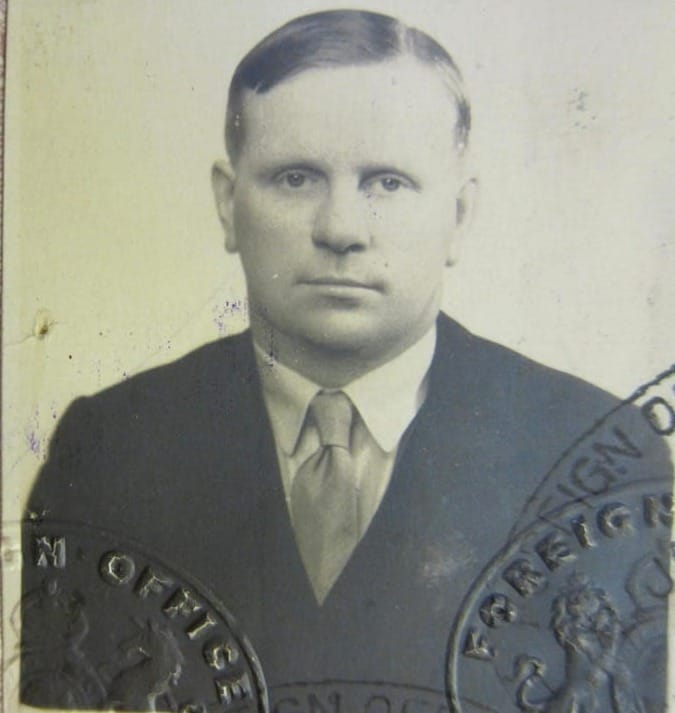Plans for Rhodesia's Great Leap Forward
Edgar Whitehead had already devised an economic plan for Rhodesia in the event of war for the Prime Minister, Godfrey Huggins.

Broadly, these entailed the early introduction of a duty on excess profits at a high rate; a standstill in substantive promotion in the Civil Service until men on active service returned; price control; and protection for those in the services against foreclosure on mortgages in respect of other pre-war debts, deciding on provisions for maintenance of the families of men on active service and to vote additional funds for the war.
When war was declared on 3rd September 1939, Godfrey Huggins himself was away in London negotiating with the Secretary of State about Dominion Status for Rhodesia. These negotiations were abruptly suspended for the duration of the war. He took the first mail steamer back to Rhodesia, and so missed the first fortnight of the Parliamentary session.
With his experience of the terrible battle casualties of WWI in Malta and France, where he had served with distinction in the R.A.M.C. rising to the rank of Surgeon-Major, Huggins was determined not to put 'all Rhodesia's eggs in one basket'. He was firmly against a Rhodesian Brigade Group which would have been about the largest military unit Rhodesia could support, about a quarter of all Rhodesia's European manpower. It would risk annihilation in one battle which would strike Rhodesia a mortal blow. Besides, it would be a sinful waste of good officer material. He had arranged with the War Office, long before the war, that Rhodesia would supply trained officers and N.C.O.'s to African Units in both West and East Africa. They were dispatched in October of 1939.
The small Rhodesian Air Force had arrived at their war station in Kenya before war was declared. Naval reservists and others accepted into the Royal Navy were sent by train to Simon's Town in the Cape to train. Other trained military personnel were distributed amongst a number of British units in the Middle East to further spread the risk.
Having had territorial conscription many years before the war, the Rhodesian authorities had long since realized that it was far easier to turn a technician into a soldier than a soldier into a technician. A first class signals unit was dispatched to the Middle East, composed of mainly Post Office and radio technicians. Amongst others, a Royal Engineers water boring unit, which in peace time provided water for the African reserves, was sent to help develop water supplies in the Kenya Frontier Province to facilitate the advance into Abyssinia.
Furthermore, careful preparations were also made to provide Britain with their priority list of Rhodesia's exports, so as not to tax shipping space. But it was soon evident that besides gold and tobacco, mineral and food exports would have to be increased beyond prewar levels. Rhodesia Railways was to ensure that Northern Rhodesia's copper reached the coast without delay.
All these measures added up to a satisfactory balance of payments throughout the war so Rhodesia needed no financial help of any kind from her allies. This economic policy prepared Rhodesia for a great economic leap forward after the hostilities were over, unencumbered by war debts and wartime inflation.
The historical novel Whitewashed Jacarandas and its sequel Full of Possibilities are both available on Amazon as paperbacks and eBooks.
These books are inspired by Diana's family's experiences in small town Southern Rhodesia after WWII.
Dr. Sunny Rubenstein and his Gentile wife, Mavourneen, along with various town characters lay bare the racial arrogance of the times, paternalistic idealism, Zionist fervor and anti-Semitism, the proper place of a wife, modernization versus hard-won ways of doing things, and treatment of endemic disease versus investment in public health. They're a roller coaster read.
References:
- Sir Edgar Whitehead's Unpublished Memoirs, Rhodes House, Bodleian Library, Oxford University, by permission.
- Photo: Passport photo Edgar Whitehead 1938. Whitehead archives, Rhodes House, Bodleian Library, Oxford University, by permission.

